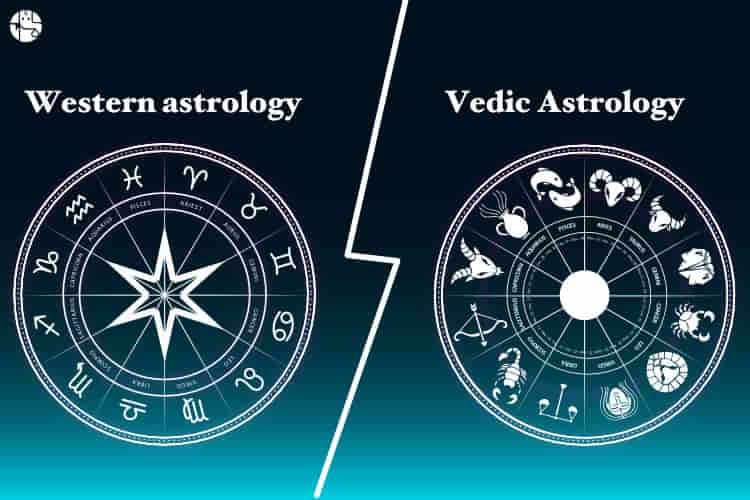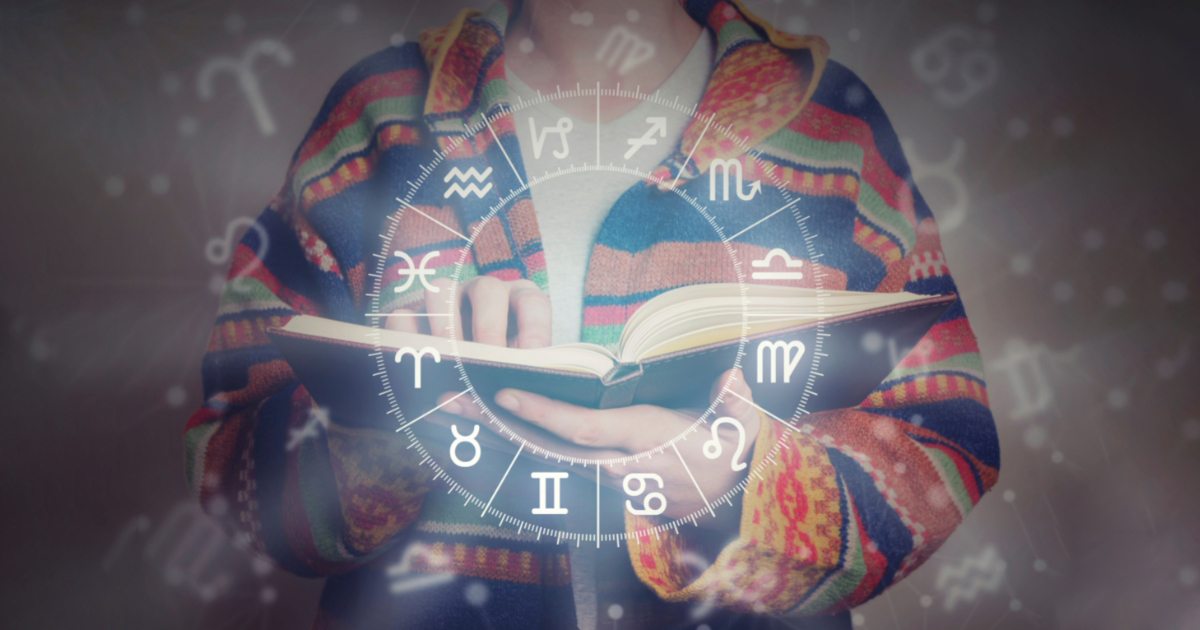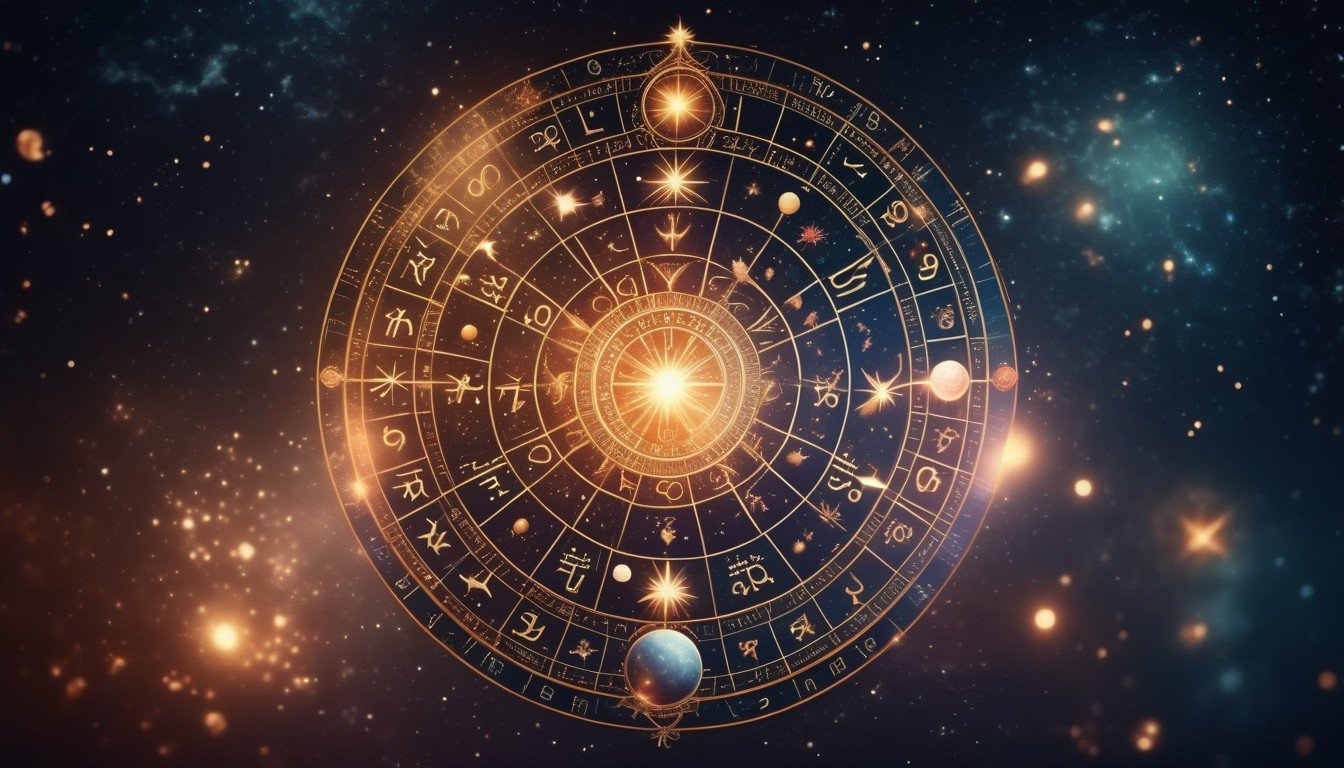Vedic astrology and Western astrology are two major systems of astrology with distinct roots, methodologies, and philosophical foundations. Here is a comparison of the key differences between Vedic astrology and Western astrology when will i get pregnant prediction horoscope:
1. **Historical and Cultural Origins:**
– **Vedic Astrology:** Also known as Jyotish, Vedic astrology has its roots in ancient Indian scriptures, particularly the Vedas. It has a rich tradition that dates back thousands of years.
– **Western Astrology:** Western astrology traces its origins to ancient Mesopotamia, Greece, and Rome. It evolved from the Hellenistic tradition and has been influenced by various cultural and philosophical movements.
2. **Zodiac System:**
– **Vedic Astrology:** The Vedic system uses the sidereal zodiac, which is based on the actual positions of the stars. The zodiac signs in Vedic astrology are linked to fixed star constellations.
– **Western Astrology:** Western astrology traditionally uses the tropical zodiac, which is based on the position of the Sun relative to the Earth’s vernal equinox. The zodiac signs in Western astrology are aligned with the season’s future horoscope by date of birth .
3. **Ayanamsa:**
– **Vedic Astrology:** The Vedic system adjusts for ayanamsa, which accounts for the precession of the equinoxes. This adjustment helps align the positions of planets with the fixed star background.
– **Western Astrology:** Western astrology generally does not make adjustments for ayanamsa. The tropical zodiac is used without significant modifications.
4. **House System:**
– **Vedic Astrology:** Vedic astrology typically employs the whole sign house system. Each house is a whole sign, and planets are placed in signs rather than houses.
– **Western Astrology:** Western astrology uses various house systems, such as Placidus, Equal, and Koch. The houses are divisions of the ecliptic, and planets are placed in houses libra horoscope tomorrow .
5. **Planetary Dignities:**
– **Vedic Astrology:** Vedic astrology places a strong emphasis on planetary dignities, including the concept of exaltation, debilitation, and planetary strengths.
– **Western Astrology:** Western astrology also considers planetary dignities, but the emphasis is often on aspects, house placements, and the overall chart configuration.
6. **Nakshatras vs. Fixed Stars:**
– **Vedic Astrology:** Vedic astrology uses Nakshatras, which are 27 lunar mansions or segments along the ecliptic. Each Nakshatra has its unique qualities.
– **Western Astrology:** Western astrology traditionally emphasizes fixed stars, which are specific stars in the sky associated with particular degrees of the zodiac.
7. **Predictive Techniques:**
– **Vedic Astrology:** Vedic astrology employs various predictive techniques, including dashas (planetary periods) and transits, for forecasting events and trends in a person’s life.
– **Western Astrology:** Western astrology uses transits, progressions, and solar returns for predictive purposes. The emphasis may vary based on individual astrologers and traditions.
8. **Philosophical Approach:**
– **Vedic Astrology:** Vedic astrology is often deeply intertwined with Hindu philosophy and spirituality. It emphasizes the concept of karma and the soul’s journey through lifetimes.
– **Western Astrology:** While Western astrology has philosophical underpinnings, it is not explicitly tied to a specific religious or spiritual tradition. It has evolved within diverse cultural contexts according to astrology when will i get pregnant .
9. **Use of Outer Planets:**
– **Vedic Astrology:** Traditional Vedic astrology does not consider outer planets (Uranus, Neptune, and Pluto) in its calculations. However, some modern Vedic astrologers may incorporate them.
– **Western Astrology:** Western astrology includes the outer planets in its analysis and interpretations, with their influences seen as part of the overall astrological landscape.
10. **Interpretation of Aspects:**
– **Vedic Astrology:** Aspects in Vedic astrology are typically based on the placement of planets in specific signs and houses rather than geometric aspects.
– **Western Astrology:** Western astrology uses geometric aspects (conjunction, sextile, square, trine, opposition) between planets for interpretation, astrology marriage prediction free.
It’s important to note that both Vedic astrology and Western astrology have diverse schools of thought, and individual astrologers within each tradition may approach their practice in unique ways. Additionally, modern practitioners may integrate elements from both systems in a syncretic approach. The choice between Vedic and Western astrology often depends on personal preference, cultural background, and the philosophical framework that resonates with the individual.



